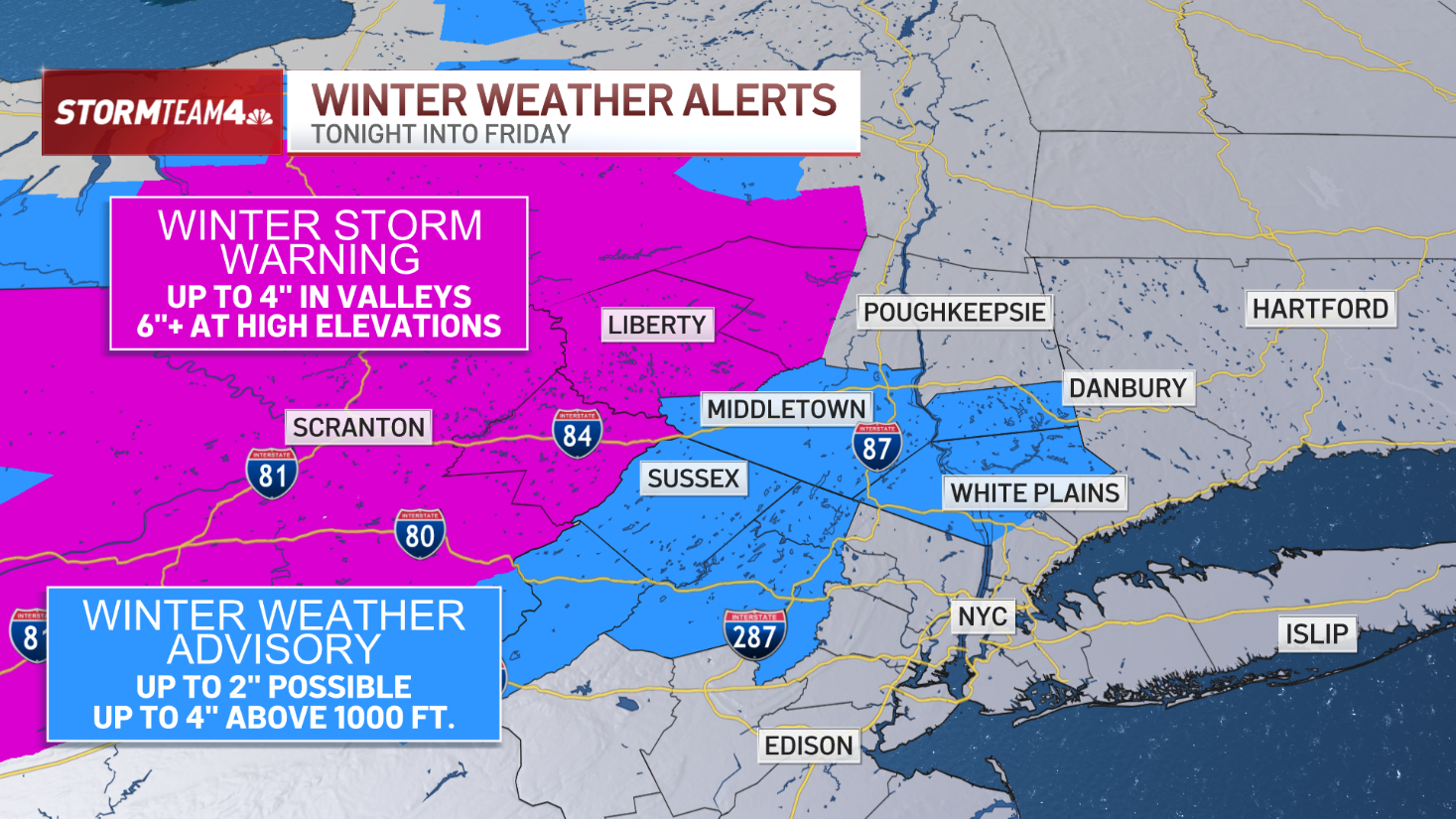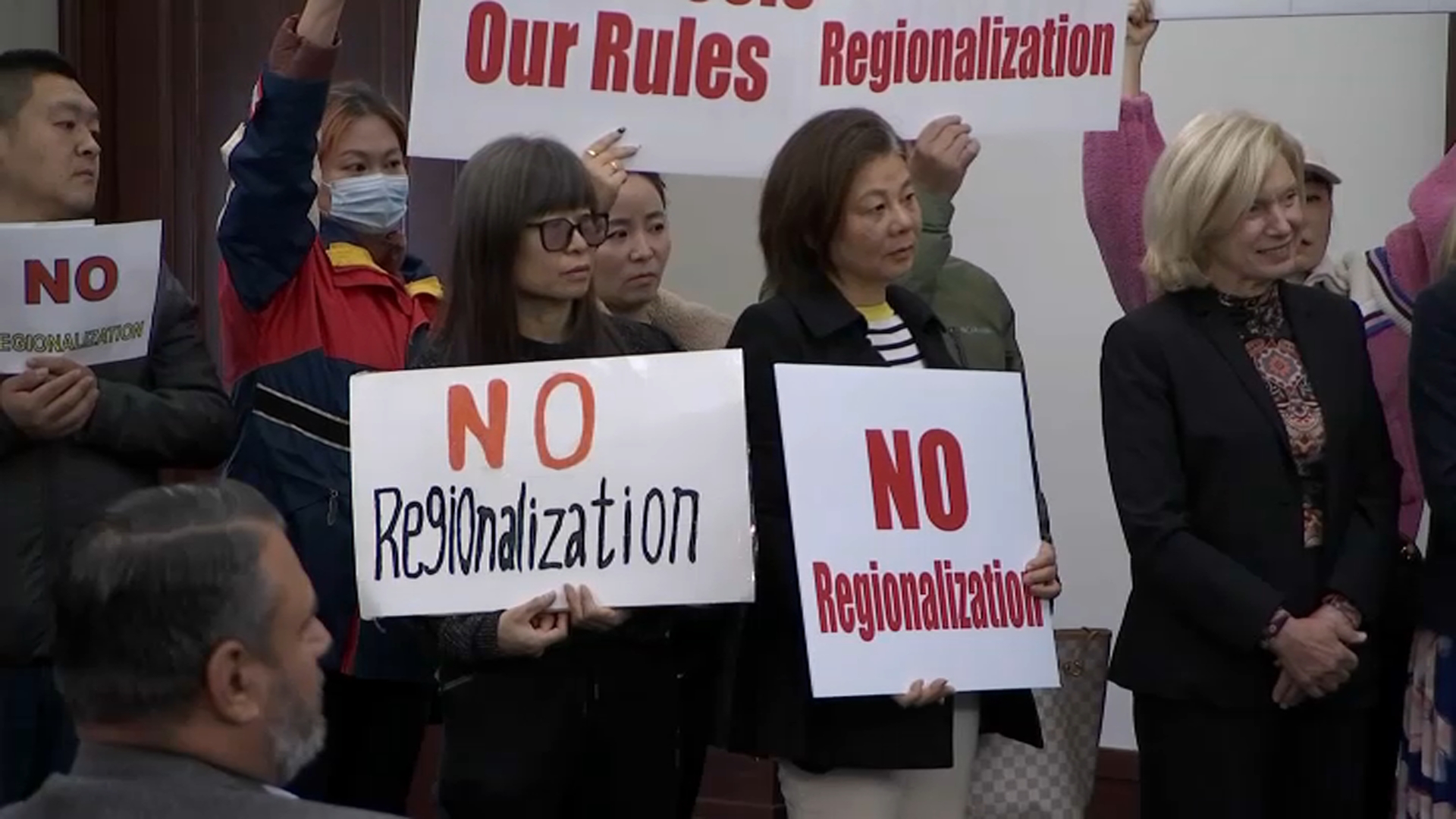What to Know
- An ex-Connecticut cemetery caretaker has been arrested for allegedly desecrating dozens of graves
- Officials said gravestones and human remains were moved to make way for the newly dead; bones were found in the woods
- Relatives estimate that more than 100 graves were either disinterred or had new remains buried above them
A fuller picture of a cemetery in ghastly disarray emerged Thursday as the longtime caretaker of a graveyard in Connecticut's largest city was arrested and officials described in new detail shocking discoveries that included human bones and casket pieces scattered about.
About 130 graves were disturbed at the 57-acre cemetery and included those of Civil War veterans, Bridgeport authorities said. Gravestones and remains had been removed to make way for the newly dead, while some new graves were stacked on top of old ones, separated by a layer of dirt.
"What we found right away was a lot of disturbed dirt, garbage, headstones that were overturned and ... bone fragments that were later confirmed to be human remains, and pieces of old caskets that date back over 100 years," police Capt. Brian Fitzgerald said at a news conference.
"We were finding gravesites from some soldiers that were close to 100 years, in some cases over 100 years old, mixed in with new burial plots from 2011 on," he said.
At one point during hearings he held in recent months, Probate Judge Paul Ganim said Thursday, "There were literally bags of bones that were picked up by witnesses that were brought in."
Relatives, in the absence of government oversight of the cemetery, have meanwhile taken upon themselves the monumental tasks of trying to establish whether everyone is buried where they should be, decide what to do with newer remains buried atop older ones, identify the unearthed bones and fragments, and restore order to the burial ground located just north of downtown.
Local
"It's absolutely just unbelievable that people did this, and they've been doing this for a while," said retired lawyer Cheryl Jansen, whose great-grandparents and other relatives are buried at Park Cemetery. "You never think you have to worry about your dead relatives ... but I guess these days you do."
People with relatives buried at Park Cemetery had complained about conditions over the years to police and other local officials, Jansen said. Ultimately, it was her legal filings over the past year that led police to search the cemetery in September and arrest former caretaker Dale LaPrade on Thursday.
She turned herself in to Bridgeport police and was charged with felony interference with a cemetery — a crime State's Attorney John Smriga said he had never seen prosecuted before. LaPrade was released on a promise to appear in court Dec. 18.
"No comment as ordered," LaPrade wrote in a text message to The Associated Press after being arrested. She did not elaborate.
A civil court judge in Bridgeport last week had ordered LaPrade to stay away from the cemetery.
LaPrade appeared in court last week in a wheelchair and told Judge Barbara Bellis, "I've stayed away. I've been trying to get out of the cemetery for 10 years. I've been ill," The Connecticut Post reported.
Relatives of those buried at Park Cemetery praised the arrest.
"Justice has been done," said Jean Mattox, of West Haven. "You can't just run a cemetery without doing the right thing. That's where you lay your loved ones to rest in peace. That place is a mess out there. Hopefully she knows what she has done."
Mattox said her mother's gravestone had been moved a short distance away and placed above another person's remains. Her son discovered the problem a few months ago, when things looked out of place and he compared the scene to a photo taken when the grave was in the correct spot.
In Connecticut, the state public health department must approve new cemeteries, but no state agency is specifically charged with cemetery oversight. Park Cemetery was established in 1878, and an association board oversaw its operation and maintenance for decades.
Jansen had noticed a gradual decline since the 1990s, with junk and tree limbs piling up. She wondered where the money families had paid for perpetual upkeep was going, and went to the local probate court seeking access to the financial records.
Jansen, whose relatives' graves were not disturbed, said it appears that the board hasn't existed since the early 1980s and that oversight was eventually left to LaPrade and her husband, Daniel.
Ganim, the probate judge, earlier this year asked police to investigate. When they searched the property, they found financial records in disarray and unopened mail from 20 years ago. What happened to the perpetual upkeep funds remains unclear.
It also isn't clear why Daniel LaPrade wasn't arrested.
Meanwhile, Jansen and others have formed a new board with the goal of restoring the cemetery — and the trust of the families. The work will be painstaking, she said; the LaPrades kept poor burial records since the 1980s that need to be "deciphered."
Bill Ackley, who has several generations of relatives buried at Park Cemetery, said it will likely take years and hundreds of thousands of dollars to fix damaged gravestones and restore the property.
Relatives are not certain where the money will come from, he said, but they hope for grants and donations.



